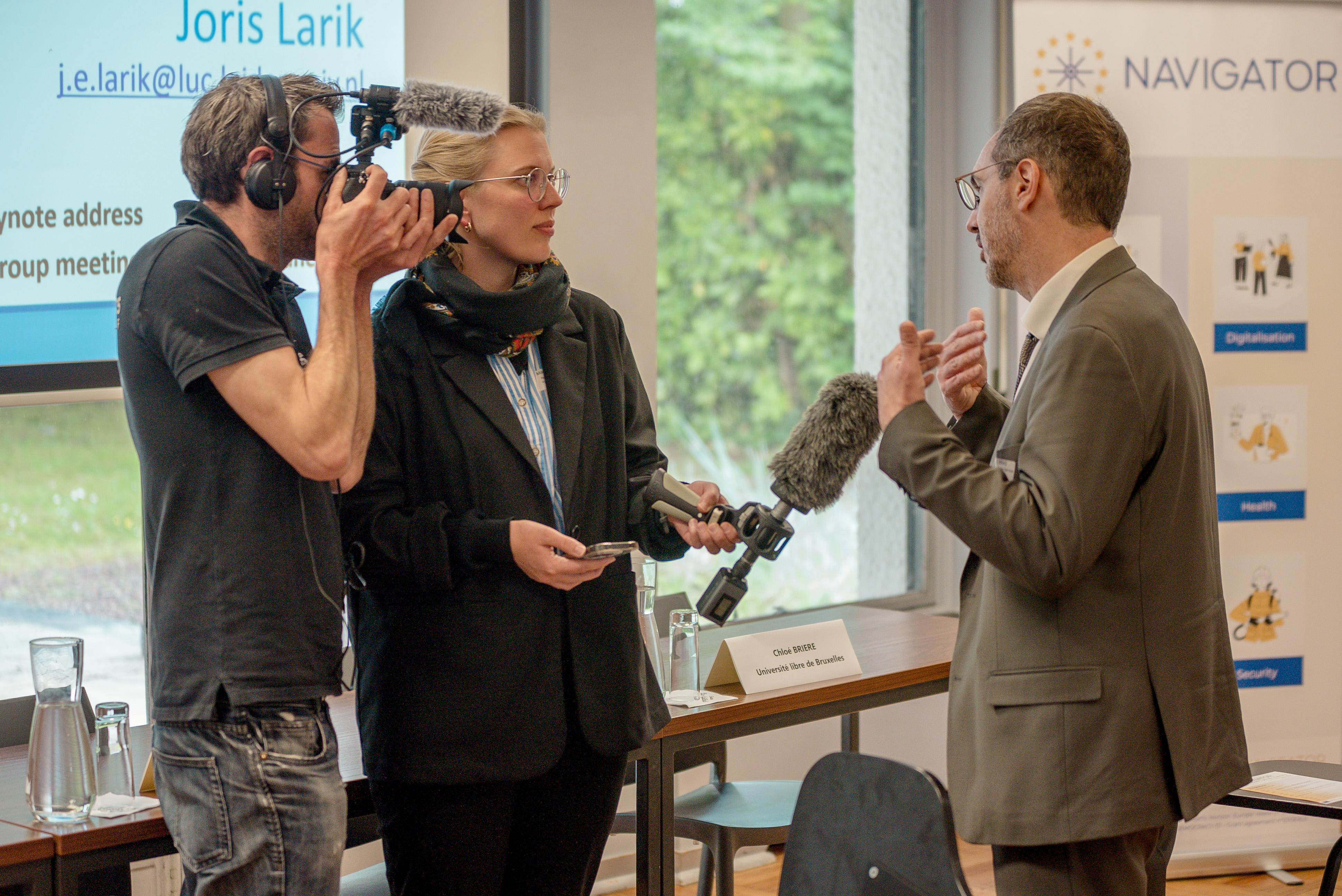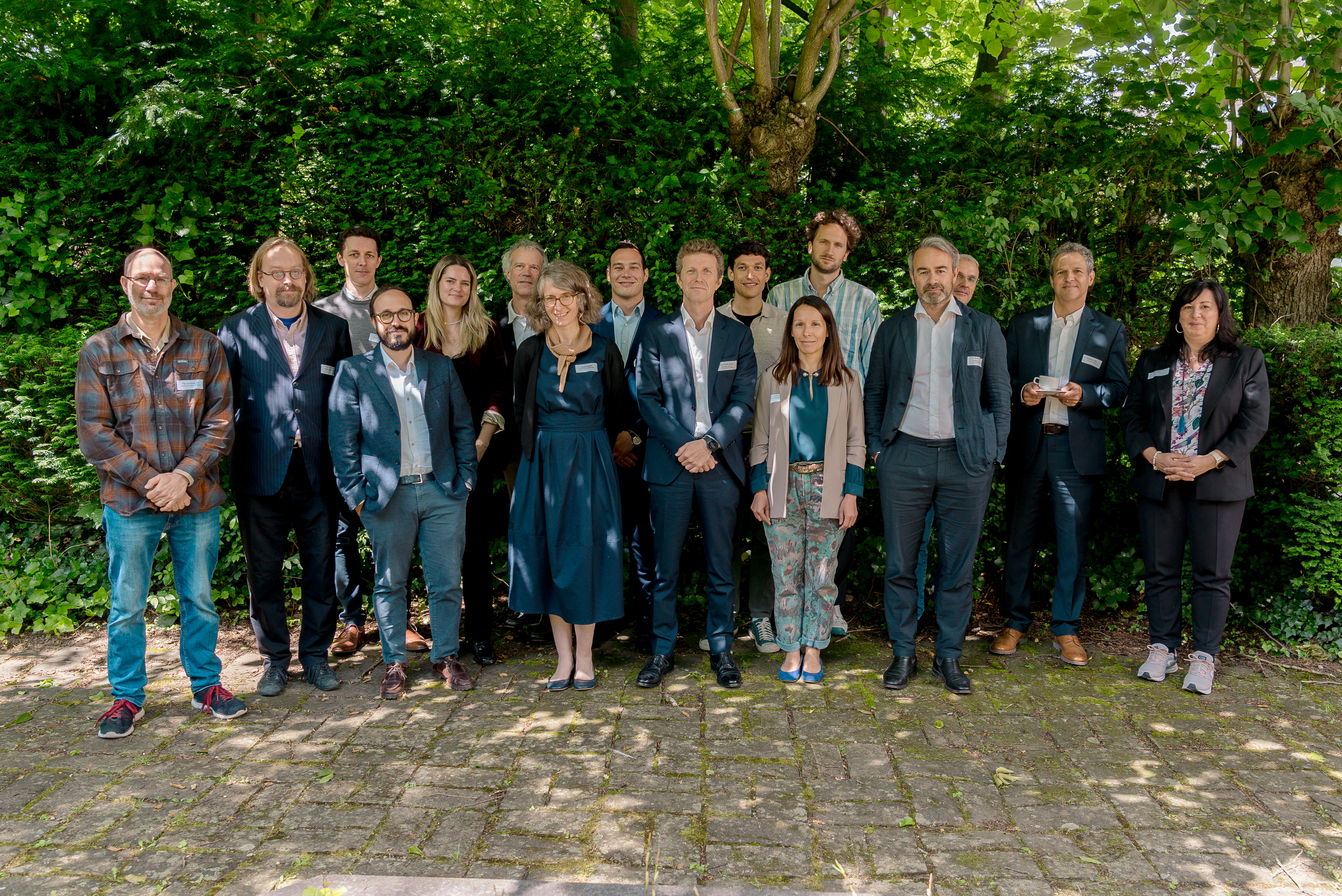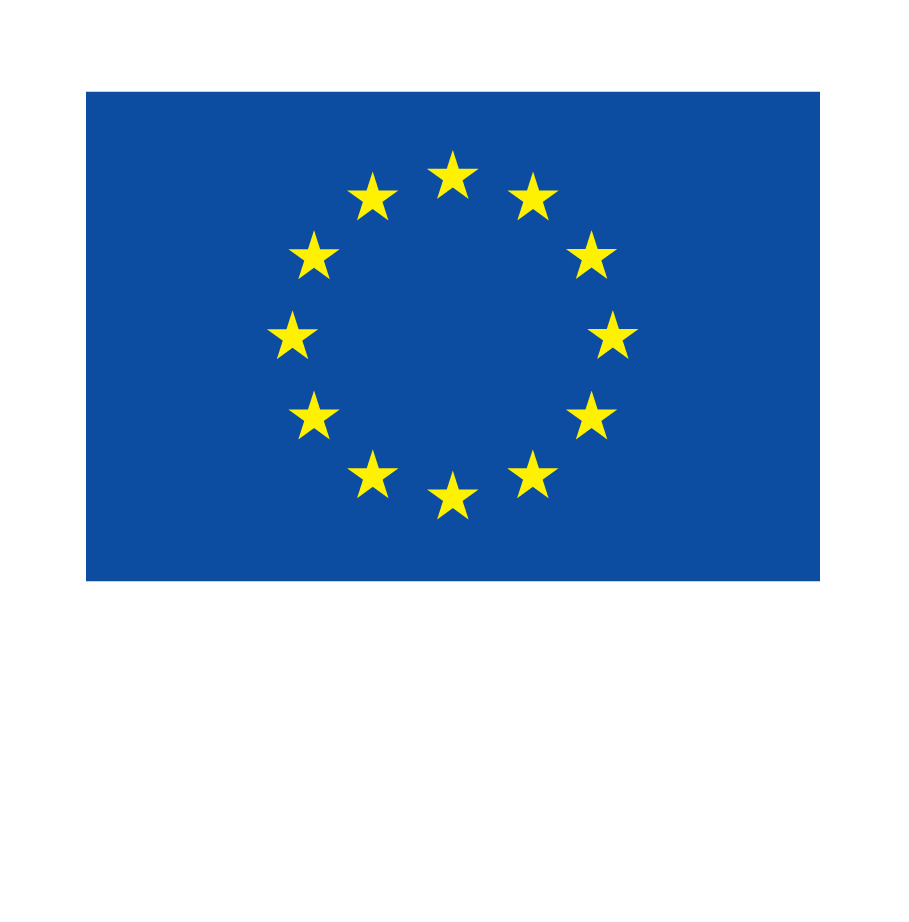On 12 and 13 June 2024, NAVIGATOR gathered researchers and external experts at the Institute for European Studies (IEE) of the Université libre de Bruxelles (ULB) for its first expert groups meeting.
On the afternoon of June 12, academics and experts gathered to connect, set the stage for the project’s continued discussions on global governance and international cooperation, and further tackle the project’s central question(s):
- How can the European Union best support progressive multilateral and transnational democracy?
- What pathways of action are most effective and legitimate for European interests across a range of key issue-area – i.e. health, climate, finance, migration, digital, and security
Setting the stage – Three framing presentations
49 guests attended the opening session of the two-day event which included a joint presentation by Principal Investigator John Karlsrud and WP2 leader Ole Jacob Sending (NUPI), as well as two keynotes.
John Karlsrud and Ole Jacob Sending opened the proceedings by outlining the project’s scope and ambition, centred around its two main research questions. To address these questions, both NAVIGATOR professors detailed the project’s goal of creating an analytical tool – a “search mechanism” – to help the European Commission and other key EU actors compare the strengths and weaknesses of existing multilateral organizations. This tool will determine which organizations can be reformed, and which are too costly to reform, identify and assess alternatives, and develop action strategies to strengthen multilateralism and advance the EU’s policy goals.
This was then followed by a first keynote by Gurvan Le Bras (Deputy Head of the EEAS Policy Planning and Strategic Foresight Division, European External Action Service – EEAS) who offered a practitioner’s perspective. Gurvan Le Bras’ speech focused on the EU’s international position in an uncertain global environment. Afterwards, the audience had the pleasure to listen to an academic keynote by Prof. Joris Larik (Faculty of Law, Universiteit Leiden). Prof. Larik’s keynote, “Navigating Multilateralism” or “How Not to Become a Flying Dutchman,“ provided a retrospective of the EU’s promotion of multilateralism and offered critical reflections for moving forward.
Both presentations were followed by Q&A sessions, allowing experts and researchers to challenge the speakers and relate the key points to their areas of expertise. The day ended with a cocktail party in the IEE’s splendid hall, offering attendees the chance to unwind, enjoy refreshments, and network informally. The first day concluded with a networking event aimed at fostering informal interactions and connections between NAVIGATOR members and the attending expert group members.

Formal Launch of the Expert groups – Four Brainstorming Sessions
The morning of the second day was dedicated to NAVIGATOR’s expert groups. This involved four focused group discussions between experts and researchers from the project’s various work packages. Guided by a pre-shared list of transversal questions, participants explored five key topics: the search costs in specific areas of expertise, inter-governmental organizations (IGOs), non-state actors, formal vs. informal interactions between actors, and the EU’s role in these decision-making processes.
This was the first time NAVIGATOR’s expert groups gathered. These groups are “universal membership multilateral institutions”, “mini-lateral international governance clubs”, and “public-private regulatory arrangements”. Each expert group will function as a high-level knowledge co-creation space involving researchers, citizens, policymakers, and activists working together to address key challenges associated with the evolving global governance system.
Over the course of four two-hour-long discussions, about two dozen experts and researchers discussed the aforementioned questions with an eye on teasing out the implications and prospects for the EU’s international role. The two roundtables, chaired respectively by Anthony Dworkin (ECFR) and Frederik Ponjaert (ULB), raised several insightful perspectives which will be gathered in an initial report scheduled for publication in the winter of 2024. Building on said report, NAVIGATOR will further survey its standing expert groups with an eye on preparing a number of scientifically informed future scenarios to be discussed at their next in-person meeting.
Ultimately, the productive two-day conference concluded with a farewell lunch offering participants a last chance to exchange their views. The next expert group meeting is scheduled to take place before March 2025. Stay tuned to follow NAVIGATOR’s progress!


